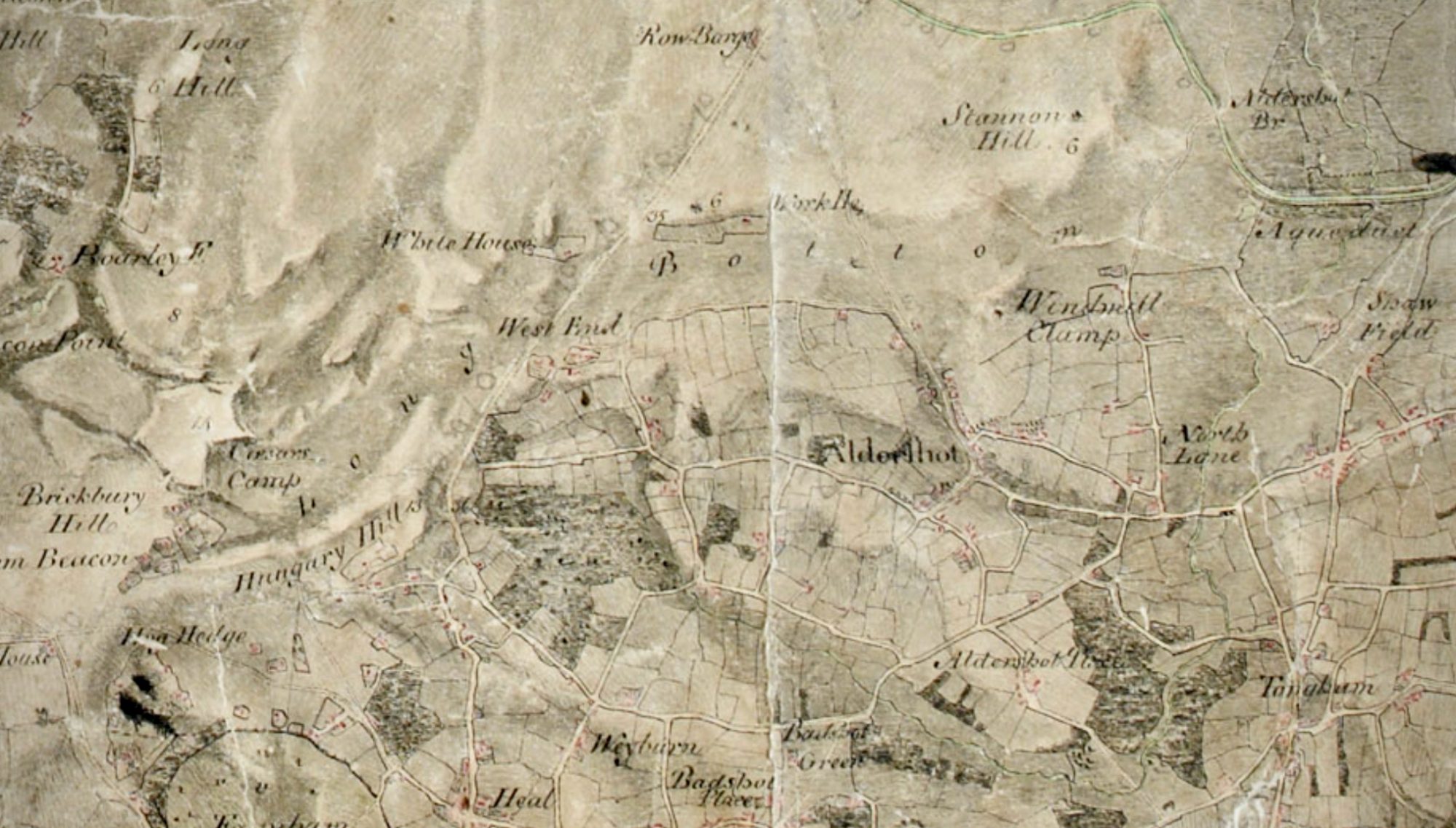Tuesday, 11th October 1853
“The Queen has received [Foreign Secretary] Lord Clarendon’s letter. She had written to Lord Aberdeen that she felt it her duty to pause before giving her consent to the measures decided on in the Cabinet, until she should have received an explanation on the views which dictated that decision, and of the ulterior steps involved in it; and Sir James Graham is gone up to Town, verbally to explain more fully the Queen’s feelings. She has now received and read the Despatches, which have in the meantime been sent off to their points of destination without having received her sanction!
“The draft to Vienna the Queen thinks very ably argued, and justly to define the present position of the question at issue. The instructions to [Ambassador] Lord Stratford, on the other hand, appear to her very vague, and entrusting him with enormous powers and a latitude of discretion which is hardly to be called safe. [*]
“As matters have now been arranged, it appears to the Queen, moreover, that we have taken on ourselves in conjunction with France all the risks of a European war, without having bound Turkey to any conditions with respect to provoking it.
“The hundred and twenty fanatical Turks constituting the Divan at Constantinople are left sole judges of the line of policy to be pursued, and made cognisant at the same time of the fact that England and France have bound themselves to defend the Turkish Territory!
“This is entrusting them with a power which Parliament has been jealous to confide even to the hands of the British Crown. It may be a question whether England ought to go to war for the defence of so-called Turkish Independence; but there can be none that if she does so, she ought to be the sole judge of what constitutes a breach of that independence, and have the fullest power to prevent by negotiation the breaking out of the war.
“The Queen would wish copies of the enclosed papers to be sent for her use as soon as convenient.”
* Authority had been given to [Ambassador] Lord Stratford to employ the British Fleet in the manner he might deem most fit for defending Turkish territory from aggression, and he was instructed that if the Russian Fleet left Sebastopol, the British Fleet was to pass through the Bosphorus.
Extracted from source.
